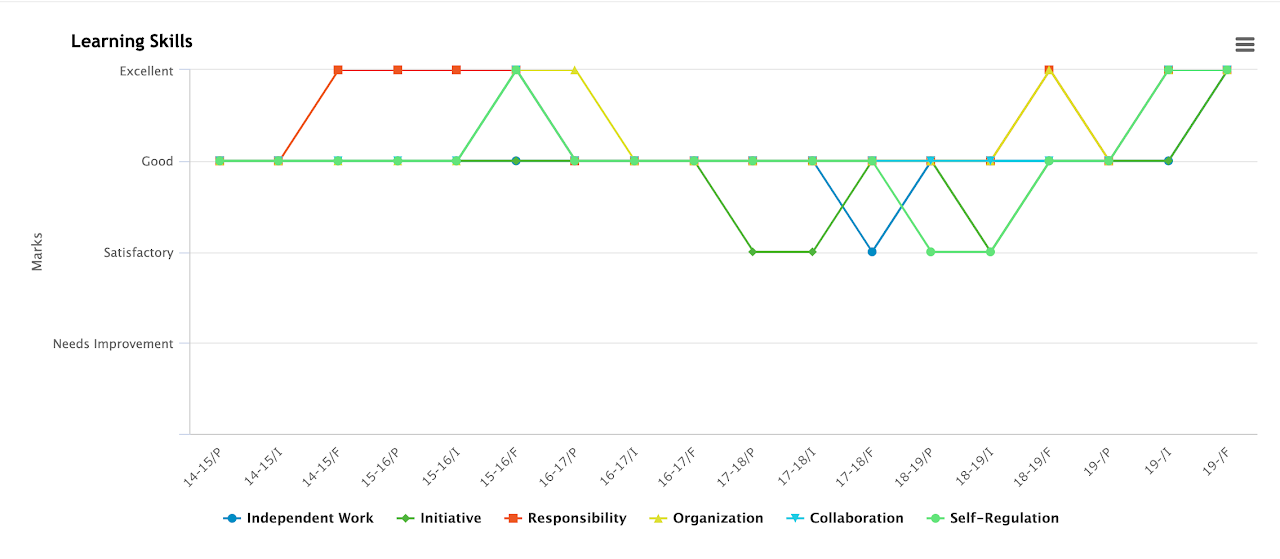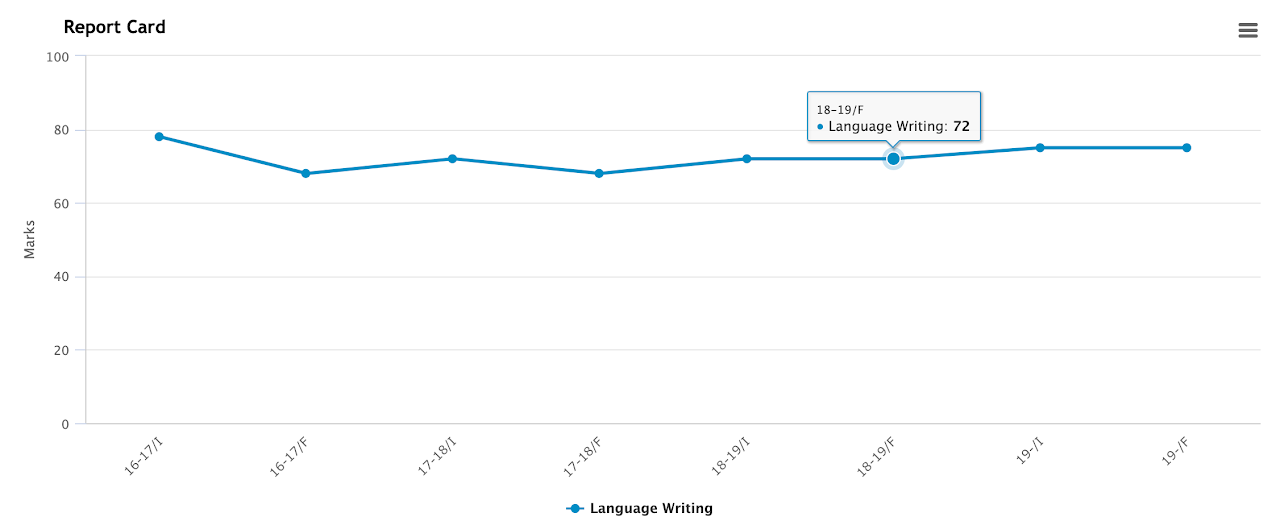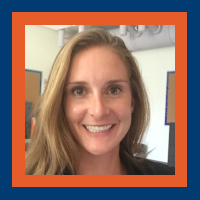Compass for Success
 ™
™
Chapter License: CC-BY-NC
Developer: Compass for Success
Price: Purchased at the school board level
Summary: A collaboration between Ontario school boards to support student achievement through an all-in-one data platform.
Overview
Compass for Success is an online education tool that helps individual schools and boards by organizing data and student information into an interactive and useful platform. It is a collaboration of 35 school boards and 22 First Nations communities in Ontario that helps to monitor and improve student performance (IBM Corporation, 2017). Each year, the classroom teacher will receive the class or classes they teach with information pertaining to each student. Being able to see previous information about the student helps educators in making more informed decisions and, “the whole village” as coined by James Comer 1996, is able to help in supporting the student. Wiggan (2016) also noted the importance of community partnerships and character development when evaluating students’ growth and achievements. This information provided and organized by Compass for Success can be used to compare and analyze student and cohort achievements from previous years including Educational Quality and Accountability Office (EQAO) scores, attendance, report card marks, as well as reading or math diagnostics and notes from previous teachers in order to support the students in their 21st century learning.
Critique and Implications for Education
Compass for Success is an extremely vital and useful platform to help educators, schools, and administrators best support their students. Their website provides some insight into their vision and resources, their login portal for parents, as well as some support for schools boards that use this tool.
Benefits
Most of the information provided by Compass for Success is kept in the Ontario Student Record (OSR) in paper copy for educators to refer to however, unfortunately these folders are typically kept locked in the school office. Compass for Success allows educators to access the necessary information quickly and efficiently using Watson Analytics. Once logged on, educators are able to see the class profile of all of the classes they teach, as well as specific information of students including attendance for the current year, past EQAO scores, the overall and specific achievement grades per subject, and the tendencies of the student’s learning skills over the years. In addition, educators are able to communicate with parents and alert other educators in the school about certain students. By examining cohorts of students, administrators are able to identify holes within their program and work at closing the gaps such as low reading levels or low attendance. This immediate and precise information allows educators to teach to the needs of the students, allowing for authentic and individualized learning plans.
An example of specific information that a teacher can see and how it is displayed can be seen in the two figures below. Figure 1 graphs the learning skills of a single student. Educators are able to click on the specific learning skill to bring that coloured line graph to the front in order to see the information more clearly.

Figure 1
Below, Figure 2 has a visual representation of a student’s English language writing mark since 2016 with the breakdown from each report card. By analyzing the tendencies, educators can see the improvements of the student and continue to challenge or further support the student as needed.

Figure 2
Classroom teachers, at feeder schools and high schools especially, benefit from this information because they are able to see and compare the students’ history and academics easily and get a small sense of the student. If an educator is noticing a student may not be meeting expectations, they are able to check a single location to see if the student is already identified as “at-risk” and what steps to take, but also if this is not the norm and something bigger is at play, such as a family separation or new health concerns.
Challenges
A major challenge and drawback with this platform is that educators, as per their job description, are not required to input notes or reading or math diagnostic information into Compass for Success, nor do all school boards currently use it. Furthermore the amount of time required to input the information may also limit the additional information that teachers are actually able to include. This means sometimes there is great data about students because the previous teacher provided the additional information and other times there are only the official and legal documents only. Meaning, there may be information that pertains to the student’s social or emotional learning that help in explaining the whole picture. Another downside is that when students come from a different school board that does not use Compass for Success, the information is never generated, thus there may be gaps in the history.
The opportunity to really be able to help students is endless with access to so much information all at one place as provided by Compass for Success. Hopefully, with quick and efficient access information, educators, schools and parents will be better equipped to support students in their learning, academically, socially, and emotionally.
Access and Cost
This tool does require a fee which is purchased at the school board level. The downside to this is that a teacher or principal cannot sign their own class or school up. This is a board wide tool and individuals in the position to make these decisions will have to do the set up. Compass for Success was initially created with 35 school boards and 22 First Nations communities in Ontario (IBM Corporation, 2017).
About the Author

Jaclyn Wise
Jaclyn is an elementary school teacher with the Upper Grand District School Board and is currently pursuing her MEd through Ontario Tech U. She has an undergraduate degree from the University of Western Ontario as well as a graduate degree in education from Nipissing University. She has taught across all grades in the primary and junior divisions and is starting her first year with intermediate-aged students. She loves to challenge herself to learn and grow and encourages the same in her students.
Jaclyn has a passion for being active from running and cycling to paddle boarding and kayaking. You can also find her spending time outside in the gardens or reading a good book.
References

